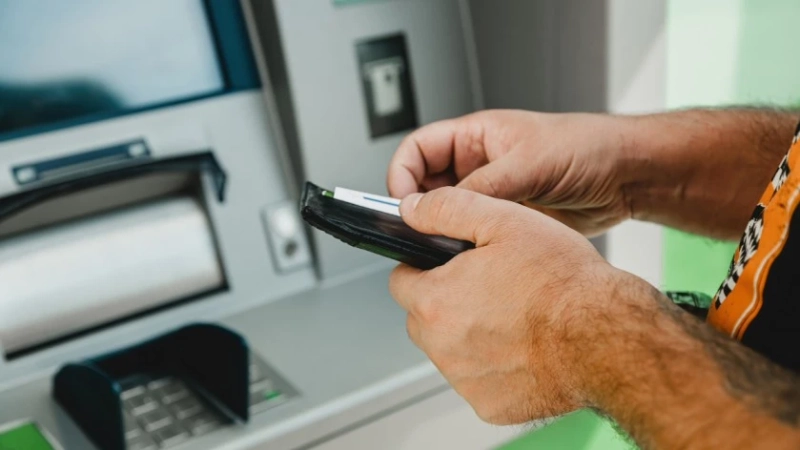Card machines allow customers to pay by swiping, inserting or tapping their credit or debit cards. They also communicate with the cardholder’s bank and the payment processor to verify the transaction and check for available funds.
They can also generate a receipt for the customer and void transactions if necessary. The best card machines are PCI compliant and seamlessly sync with your POS system to streamline the sales process.
Security features
Card machines process sensitive customer data every time they process a payment, so it’s important to find one that complies with PCI security standards. Some common security features include tokenization, encryption, verification, and blacklists. Tokenization is a technique that replaces traditional card information with a unique token. This makes the original card information useless to hackers and protects your customers from fraud.
Another important feature is ease of use. Look for a machine that’s easy for you, your team, and customers to understand. A complicated machine will slow down lines at checkout and frustrate shoppers.
Also, look for a terminal that seamlessly syncs with your point of sale (POS) system. This will save you time and money by reducing manual bookkeeping. You should also check whether the provider offers seller protection and support, which will help you minimize costs from chargebacks and claims. These fees are often a result of credit card fraud. Lastly, make sure the terminal is compatible with EMV chip cards.
EMV chip cards
EMV chip cards use a special computer chip to generate a unique code for each transaction, which is validated by the card’s host at the bank. This method is much more secure than the magnetic stripe that used to be on credit and debit cards.
The chip also provides greater protection against card cloning and card skimming. It authenticates the card’s details by checking complementary keys that are loaded in the terminal’s software, so that even if a fraudster captures the data, they cannot use it for future transactions.
Moreover, the EMV specifications also reduce fraud for in-person, or “card-present” transactions at point-of-sale terminals. But they are limited in their ability to protect e-commerce and card-not-present purchases. Despite these limitations, the cards are here to stay, and businesses need to make sure their processing devices are EMV-capable to avoid liability for fraudulent swipes. They can do this by purchasing an EMV-compatible reader, which is available for a reasonable price from many online retailers.
Offline mode
A POS system that allows you to run transactions offline can be a lifesaver in the event of a power outage or internet connection failure. This feature is especially useful for merchants who sell outside or at temporary locations, such as food trucks or farmers markets. It is also an essential tool for field service workers, such as plumbers, delivery drivers, or utility technicians, who must take payments in remote locations with no Wi-Fi connection.
While offline transactions are still subject to full verification and approval once the POS is back online, it does provide an extra layer of security for customers. Some businesses choose to limit the amount of money that can be spent in offline mode, and may check a customer’s ID or signature to ensure it matches the card.
Regardless of the size of your business, selecting the right credit card machine for your needs is crucial to ensure that your business can operate smoothly and efficiently during outages or unexpected events. To make the process easier, look for a payment terminal with flexible payment options and a user-friendly interface.
Payment processing fees
A credit card machine needs a phone line or internet connection to send information to the processor. This information is used to authorize the payment and issue the receipt. The newest machines also feature near field communication. This technology enables contactless transactions.
Processing fees depend on how a transaction enters the system and the risk level it poses. For example, a swiped payment will be charged different fees than a keyed-in or online transaction. The merchant category code (MCC) also affects fees. It is a four-digit code that determines how risky a transaction is and where it will be processed.
The right credit card processing provider can help you cut down your fees. They will offer the latest machine technology, as well as a variety of features that fit your business and workflow. They will also provide you with a backup in case of downtime. They can support ethernet, WiFi, dial-up, and even cellular data connection.



